By Andrew Spear
Okay, you’ve decided to take the leap and write a feature-length script.
I’m going to assume that you will tackle this task with the goal of eventually having it produced. With that in mind, let’s look at some things you should focus on. You might disagree with these points I am going to make because this or that script was made and didn’t follow these guidelines. Don’t start this difficult process with the thought of doing something unique. You can break all the molds you want after you have had a couple of scripts that actually got produced and made producers money.
First, let’s look at what genre you will write in? Just remember, producers, love a clearly defined genre. Their marketing team will know exactly who their target audience is and how to sell to them. One of the biggest mistakes novice writers make is attempting to shove too many genres into their scripts. Some genres are a natural match, like romantic-comedy or even action-comedy, but when you start going beyond that, you risk birthing a mess. If your target audience is “everyone,” then your actual target audience is “no one.”
Remember, it is SHOW BUSINESS, and it is the WRITER’S JOB to worry about budget. A writer does not need to know the exact budget of their script, but they should have a budget range, and that range should be micro-to-low. Ideally, write something that takes place in one or two locations with five or fewer characters. Your script has a much greater chance of being optioned, purchased, and even made if it is affordable to produce. That means no exploding buildings, no wild car chases through the streets of a big city that three city blocks will have to be shut down, no crazy special effects, and no massive scenes that require five hundred extras. Even the length of your script matters. Aim for 90-110 pages. Every extra page means more time added to the shooting schedule, which means $$$.
Okay. You’ve got your idea, rooting in a specific genre that will not break the bank to make. What’s next? Film titles are fun and can be iconic. A good title will help set up your film’s concept, such as The 40-year-old Virgin or The Wolf of Wall Street. On the other end of the spectrum, we have eXistenZ. Any idea what that one’s about? Take the time to think about the title of your film and how an audience will react when they see or hear it. Great titles get attention from producers and executives. Great titles suggest genre and concept. Is it hard to figure out what Wedding Crashers is going to be about?
There is a reason why they give out a golden statue for the best supporting actor and actress, and many times it is these roles specifically that get a film green-lit. Actors are always looking for great roles, even if they are not starring, and producers are no different. Many projects get made simply because an actor is attached. I know a producer that could only afford Gary Oldman for three days, but that didn’t stop him from putting Gary Oldman’s character’s image front and center on the poster.
So you’ve finished your script. Congratulations. But you’re not done yet. Remember, producers and executives receive hundreds of scripts and don’t have the time to read them all. So expect to be judged every step of the way, on every page, and with every word choice. Overworked producers are always looking for a reason to pass on having to read something, and an unprofessional presentation is at the top of the “throw this script in the trash” list. An excellent first impression can open the reader’s mind to your remarkable story.
Professionalism matters, proofreading matters, and formatting matters. Think of presenting your script as dressing appropriately for a job interview.
Best of luck.

